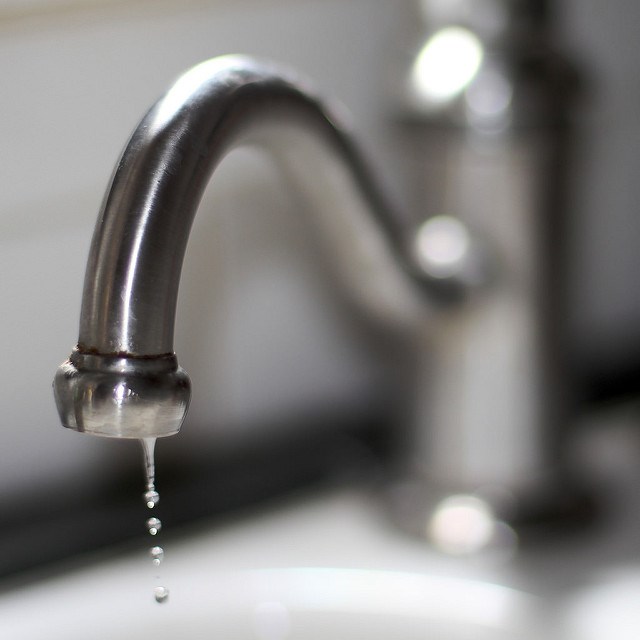It might have been an unusually wet winter in the Sea to Sky, but all that snow and rain won’t have an impact on the district’s water restrictions.
Karine Le Du, the District’s water conservation educator, said the water restrictions are about pressure on the overall system, not the amount of water available in the ground.
“It’s not that we don’t have enough water in the aquifer to meet that demand year around, but we’re seeing a huge spike in the hot months, when we’re more at risk for fires,” she said.
She also notes that snowfall and rainfall has a much smaller impact on the water source than people might assume. While the Ring Creek Aquifer is a reliable supply, most of it recharges from surrounding waterways.
Generally, only a third of the water recharge comes from precipitation, according to Le Du, and it can take months or years for the water to seep back into the aquifer.
Stage two water restrictions went into effect on June 23, meaning lawn watering with a sprinkler is only permitted one day a week, at times restricted by numbered address.
Collectively, Squamish residents, in the average off-season, use about 10-million litres of water per day. In the summertime that number usually jumps by half – with up to 15-million litres of drinking water being used per day.
Most of that summer usage can be attributed to outdoor use like watering lawns or washing cars and driveways.
“Let’s say it’s 5 p.m. on a hot summer day and you run your sprinkler, and your neighbour is running their sprinkler, and their neighbour is as well.
Then a barbecue catches fire a few doors down. That’s a lot of pressure on the water reservoir all at one time. We run the risk of not having enough water to fight a fire because everyone is using their water at the same time.... We don’t have the capacity to pump and move an infinite amount of water,” said De Lu.
Upgrading that capacity would mean taxpayers would be on the hook for costly improvements in the millions of dollars.
If you do want a green lawn or need to wash your car, Le Du is reminding people that the restrictions only apply to the district’s filtered drinking water. Collecting rainwater or recycling water can be an inexpensive alternative.



